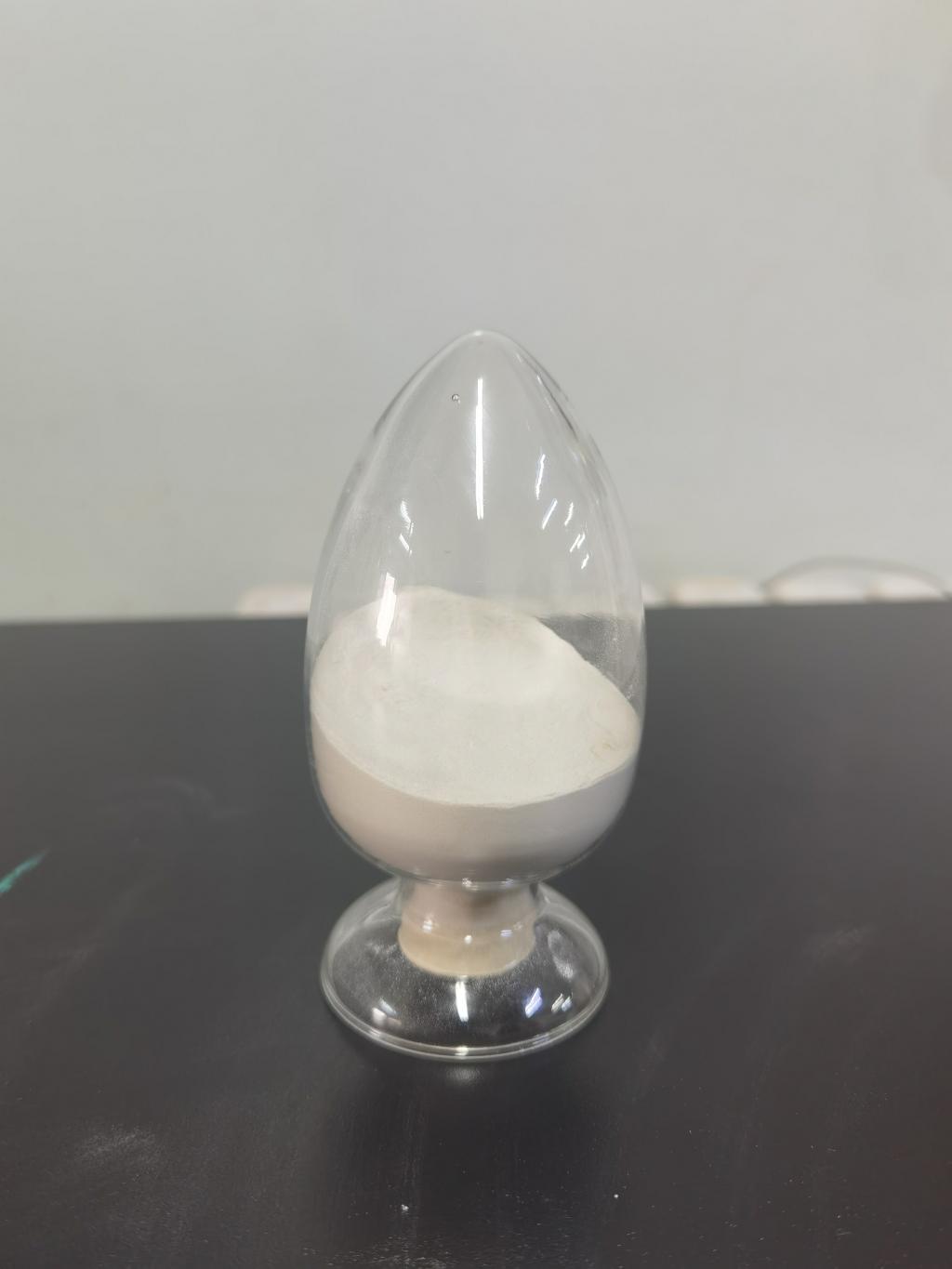Tel:+8618231198596

News
 CONTACT
CONTACT
 CONTACT
CONTACT
- Linkman:Linda Yao
- Tel: +8618231198596
- Email:linda.yao@dcpharma.cn
- Linkman:CHARLES.WANG
- Department:Overseas
- Tel: 0086 0311-85537378 0086 0311-85539701
News
Nisin's Integration in Global Food Regulations and Standards.
TIME:2023-09-20
Understanding Nisin
What is Nisin?
Nisin is a naturally occurring antimicrobial peptide produced by specific strains of lactic acid bacteria, with Lactococcus lactis being the primary source. It has been used for decades as a food preservative due to its remarkable ability to inhibit the growth of a wide range of pathogenic and spoilage bacteria.
Mechanism of Action
Nisin's antimicrobial activity is attributed to its unique mechanism of action. It disrupts the cell membranes of target bacteria by binding to lipid II, a crucial molecule involved in bacterial cell wall synthesis. This disruption ultimately leads to cell death, making nisin a potent tool against foodborne pathogens.
Regulatory Status
Nisin has been recognized as safe for consumption by regulatory agencies worldwide. It holds Generally Recognized as Safe (GRAS) status in the United States and has received approval for use as a food preservative in various countries, including those within the European Union.
Nisin in Food Regulations and Standards
Codex Alimentarius
The Codex Alimentarius Commission, established by the Food and Agriculture Organization (FAO) and the World Health Organization (WHO), sets international food standards, guidelines, and codes of practice. Nisin is included in the Codex's list of food additives with established maximum residue limits (MRLs) for specific food categories.
The inclusion of nisin in Codex standards facilitates international trade by providing a common basis for assessing the safety and quality of food products containing nisin.
FDA Regulations in the United States
In the United States, the Food and Drug Administration (FDA) regulates the use of nisin in food products. It is approved for use in various food categories, including dairy products, processed cheese, canned vegetables, and meat products.
FDA regulations specify the maximum allowable levels of nisin in different food products, ensuring that its use is safe and consistent across the industry.
European Union Regulations
Within the European Union (EU), nisin is regulated by the European Food Safety Authority (EFSA) and the European Commission. It has been approved as a food preservative (E234) and is listed in Annex II of Regulation (EC) No 1333/2008 on food additives.
Nisin's approval and regulation in the EU demonstrate its acceptance as a safe and effective food preservative within this major trading bloc.
Nisin's Role in Food Safety and Quality
Pathogen Control
One of the primary reasons for integrating nisin into food regulations and standards is its exceptional efficacy in controlling foodborne pathogens. Nisin has been demonstrated to inhibit the growth of pathogens like Listeria monocytogenes, a significant concern in the food industry.
The inclusion of nisin in regulations helps mitigate the risk of foodborne illnesses and improves overall food safety.
Extended Shelf Life
Nisin's ability to extend the shelf life of various food products is another key factor driving its integration into food regulations. By inhibiting the growth of spoilage bacteria, nisin helps maintain product quality and reduces food waste.
This benefit aligns with global efforts to improve food sustainability and reduce the environmental impact of food production.
Clean Labeling
Consumer demand for clean label products has been steadily increasing. Clean label products are those with simple and transparent ingredient lists. Nisin's natural origin and well-defined function as an antimicrobial peptide make it an attractive choice for clean label formulations.
Integration into regulations allows manufacturers to use nisin as a clean label ingredient without compromising food safety.
Nisin's Impact on International Trade
Facilitating Export and Import
The harmonization of nisin regulations and standards at the international level simplifies the process of exporting and importing food products. Consistent regulations make it easier for food manufacturers to comply with the requirements of multiple countries, reducing trade barriers.
This, in turn, promotes international trade in food products that contain nisin.
Ensuring Quality and Safety
Regulatory oversight of nisin contributes to the overall quality and safety of food products. Importing countries can rely on the established safety standards and MRLs for nisin when evaluating the acceptability of imported goods.
This trust in regulatory compliance enhances trade relationships and ensures that consumers in importing countries receive safe and high-quality products.
Harmonization of Standards
Nisin's integration into global food regulations and standards has led to greater harmonization of safety requirements. This alignment simplifies compliance for food manufacturers operating in multiple international markets.
It also reduces the complexity of international trade, allowing for smoother and more efficient movement of food products across borders.
Consumer Confidence
Consumers worldwide benefit from the integration of nisin into food regulations. They can have confidence that food products containing nisin adhere to established safety standards, reducing the risk of foodborne illnesses.
Consumer trust in the safety and quality of food products supports the growth of international trade and ensures a wide variety of products are accessible to consumers globally.
Conclusion
Nisin's integration into global food regulations and standards represents a significant milestone in enhancing food safety and facilitating international trade. Its recognition as a safe and effective food preservative has enabled its widespread use in food products, contributing to pathogen control, extended shelf life, and clean labeling.
Furthermore, the harmonization of nisin regulations simplifies trade and ensures that consumers worldwide have access to safe and high-quality food products. As the global food industry continues to evolve, nisin's role in enhancing food safety and international trade will remain a crucial part of our interconnected food supply chain.
- Tel:+8618231198596
- Whatsapp:18231198596
- Chat With Skype







